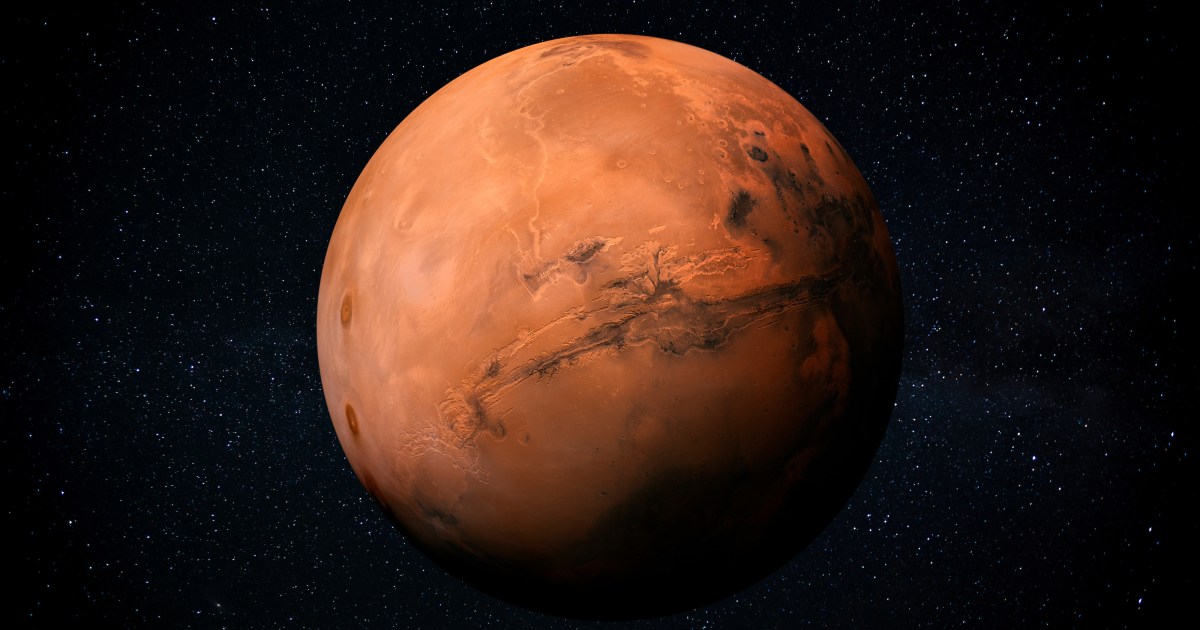A key thing to take from this is that we MIGHT have destroyed the only life we have found SO FAR. There is a LOT of Mars to explorer and we haven’t even left the landing sight when looking at the surface of the planet as a whole. Exploration and science will never be perfectly clean. If there is life we will find it at some point.
Right. The odds of us just happening to land at the exact spot with the only life on the entire planet are vanishingly small.
Watch it secretly not be the only life and 50 years from now we have an incident where the Martian populace commandeers and drops the International Space Station 2 on Earth in revenge for the destruction of their society’s highest leader, leading to an interplanetary war between two factions struggling to understand each other with rudimentary space craft
As such the United Nations begins the development of a humanoid space combat machine only to have it be commandeered by some 15 year old having a mental health crisis who promptly joins the military to stop the “space aliens” only to find out they are battling some variety of “non-Earth human” and that’s enough I’ve seen too much mecha to know where this is all going
SIEG ZEON
Or are you referencing aldnoah zero and heavens fall?
Potato, potato.
Both are great sci fi
I mean the Versian craft were hardly “rudimentary”
Interesting read, just what I consider the key excerpt:
Many of the Viking experiments involved applying water to the soil samples, which may explain the puzzling results. Perhaps the putative Martian microbes collected for the labelled release experiments couldn’t deal with that amount of water and died off after a while. Most of the runs for the pyrolytic release experiment were conducted under dry conditions, contrary to the other experiments. The first run was positive for life when compared to a control run conducted later, which was designed so that no biology could have been involved. Interestingly, the only run conducted under wet conditions had less of a signal than the control.
Agreed with @I_Comment_On_EVERYTHING@lemmings.world, this probably isn’t as dramatic as it might sound at first. Unless life on Mars was dying out anyways, and we accidentally stomped the last survivors, there will be plenty of these to discover elsewhere.
yes i can believe that at some point in the future we might look at burning rocket fuel to take water and dump it on Mars as not having been a good use of earth’s resources.
Mars rovers are literally a rounding error in terms of our uses of earth’s resources. Any honest accounting in the future is probably going to be way more critical of wasteful practices that actually account for large percentages of resource usage.
Once methalox engines are the norm, we will be able to make fuel from CO2 and H2O, both of which we have more than enough of.
I’ve heard this one before!
But we can already do this with regular meth.




